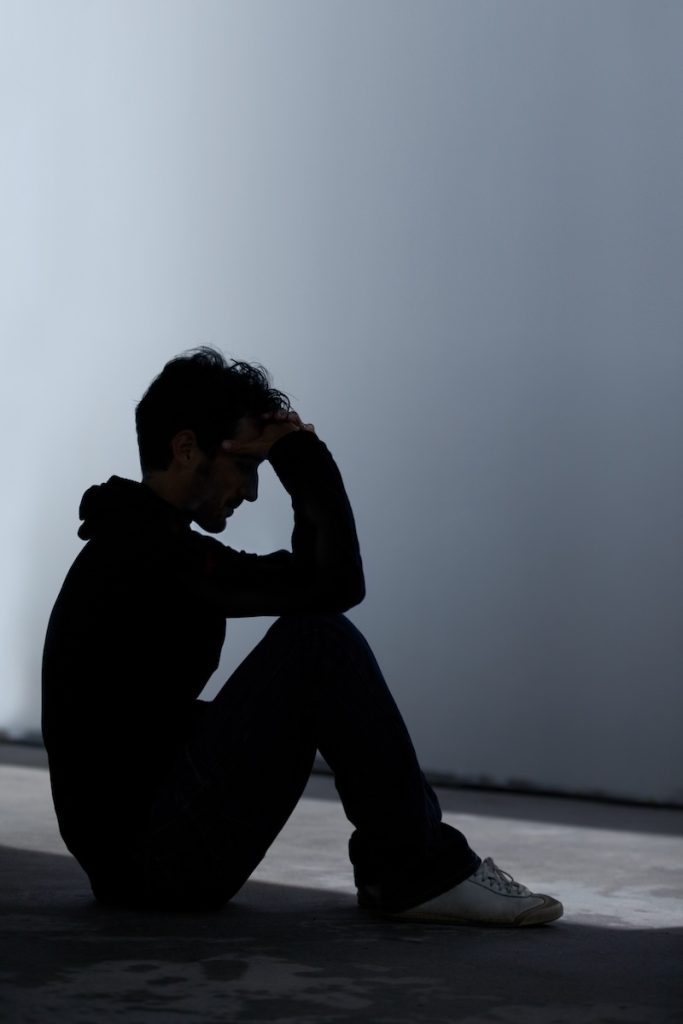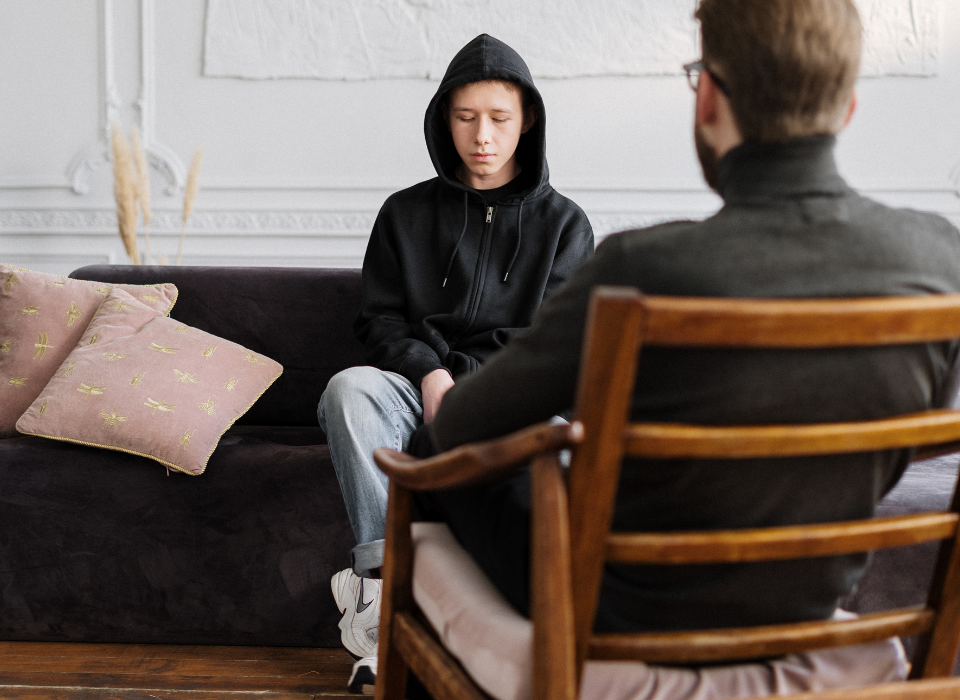
The Role of Peer Support in Recovery: A Lifeline for Mental Health and Healing
December 17, 2024
Is Depression a Disability? Understanding Its Classification and Impact
December 23, 2024
Depression is a complex mental health condition that affects millions of people worldwide. Those grappling with its challenges often wonder: can depression go away permanently? The answer is not straightforward, as it depends on individual circumstances, treatment approaches, and underlying factors. This blog explores the possibilities of full recovery. Reasons depression may persist and the critical role of treatment in achieving a better quality of life.
Can Depression Go Away Permanently?
The idea of depression “going away” can mean different things to different people. For some, it may mean achieving a state where symptoms no longer affect their daily life. For others, it might mean never experiencing a depressive episode again.
Depression can go away for some individuals, mainly if it’s situational and triggered by specific life events. Many people achieve remission with proper treatment, support, and lifestyle changes, with minimal or absent symptoms. However, for others, depression may be a chronic condition that requires ongoing management.
Factors Influencing Recovery from Depression
Whether depression can entirely go away often depends on several factors:
1. Type of Depression
- Situational Depression: This type often arises from life events like grief, job loss, or a breakup. Once the situation improves or is resolved, symptoms may diminish or disappear entirely with or without treatment.
- Chronic Depression (Dysthymia): Persistent depressive disorders tend to last longer and may require ongoing treatment.
- Major Depressive Disorder (MDD): For some, MDD episodes can resolve with time, but they may recur, especially without consistent treatment.
2. Early Intervention and Treatment
Prompt depression treatment can significantly influence recovery. Therapy, medication, or a combination can reduce symptoms and prevent worsening. The earlier depression is treated, the better the chances of long-term remission.
3. Underlying Causes
- Biological Factors: Genetics, brain chemistry, and hormonal imbalances play a significant role in depression. While treatment can help regulate these factors, some individuals may have a predisposition to recurring episodes.
- Psychological Factors: Trauma, unresolved emotional pain, or chronic stress can make depression more likely to persist.
- Lifestyle Factors: Lack of access to a variety of foods and substance abuse can exacerbate depression, making it harder to recover fully.
4. Commitment to Recovery
Recovery from depression often requires ongoing effort. Individuals actively engaging in therapy, practicing self-care, and maintaining consistent habits are more likely to achieve lasting remission.
Reasons Depression May Not Fully Go Away
While recovery is possible, there are reasons why depression may persist or recur:
- Chronic Nature of Certain Types
For some, depression behaves like a chronic illness, requiring lifelong management. Just as conditions like diabetes or hypertension need consistent care, depression may also require ongoing support and treatment. - Unresolved Trauma or Stressors
If underlying issues like past trauma or ongoing stress are not addressed, depression may reemerge over time. - Biological Predisposition
A family history of depression or certain genetic factors can increase the likelihood of recurrence. - Inconsistent Treatment
Stopping therapy or medication prematurely can lead to relapse. Consistency is critical in maintaining remission.
Hope Through Effective Depression Treatment
While it may not be possible for everyone to eliminate depression permanently, recovery is achievable. Modern treatment options have empowered countless individuals to regain control over their lives, even if they occasionally face symptoms.
1. Therapy
- Cognitive Behavioral Therapy (CBT): Helps individuals identify and change negative thought patterns that contribute to depression.
- Interpersonal Therapy (IPT): Focuses on improving relationships and communication.
- Trauma-Focused Therapy: Addresses unresolved trauma that may underlie depressive symptoms.
2. Medication
- Antidepressants like SSRIs or SNRIs can help balance brain chemicals and reduce symptoms.
- Medication works best when paired with therapy and lifestyle changes.
3. Lifestyle Changes
- Regular Movement: Boosts endorphins and improves mood.
- Balanced Diet: Nutrient-rich foods support brain health.
- Sleep Hygiene: Restful sleep helps regulate emotions.
4. Support Systems
Connecting with loved ones or joining support groups can provide emotional encouragement and reduce feelings of isolation.
5. Holistic Approaches
Practices like mindfulness, meditation, and yoga can complement traditional treatment and promote emotional well-being.
Focusing on Long-Term Management
For those who experience recurring depression, long-term management is essential. This includes:
- Ongoing Therapy: Regular sessions with a therapist can help maintain progress.
- Routine Check-Ins: Monitoring symptoms and seeking help at early signs of relapse.
- Building Resilience: Developing coping mechanisms to handle life’s challenges.
Get Help Today
So, can depression go away for good? Some answers are yes, with the proper treatment and support. For others, depression may be a recurring challenge that requires consistent management. The key is understanding that recovery is possible, whether achieving complete remission or learning to thrive despite occasional symptoms.
By embracing effective depression treatment and committing to long-term self-care, individuals can significantly improve their quality of life. If you or someone you know is struggling with depression, reach out for help. With the right resources and determination, hope and healing are within reach.
_________________________________________________________________________________
Looking for treatment for an eating disorder, anxiety, depression, trauma, or postpartum mood disorder?
Evolve Counseling Services is a specialized team of Licensed Therapists providing treatment in Paoli.



